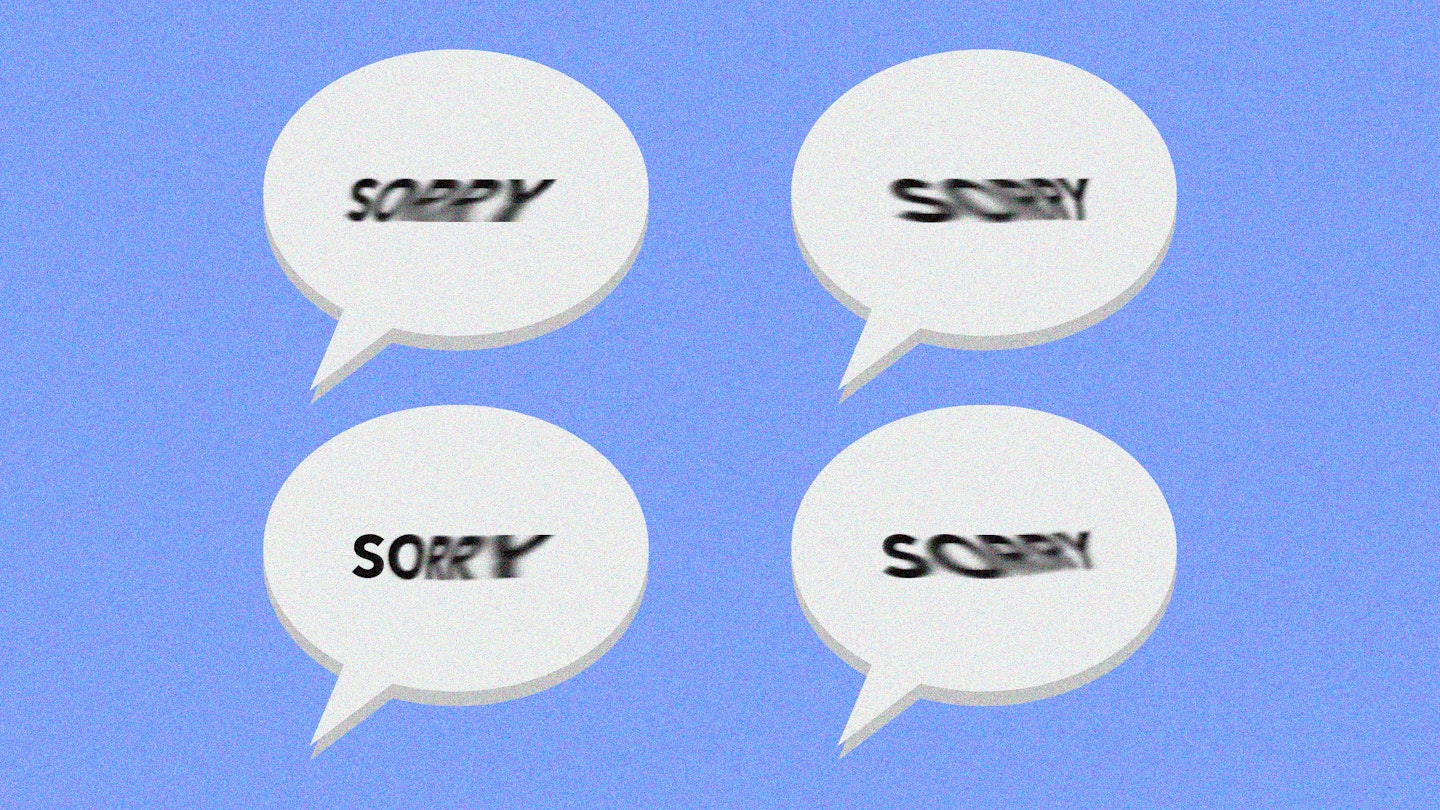When was the last time you said sorry? Did you really mean it, did you understand what you were apologising for and what it was about whatever you did that was wrong? Maybe you felt obliged to give the impression of remorse but didn’t actually feel bad. Maybe you said sorry because there wasn’t anything else to say, and so just wanted to fill an awkward silence between you and whoever you didn’t feel you’d wronged.
Maybe you didn’t say sorry at all, but rather fleetingly referenced something you did in a vague ‘I’m aware that what happened might have been wrong so let me acknowledge it to give the impression that I understand what was wrong and superficially make you feel better’ kind of way, like Lena Dunham did.
In a profile on The New Yorker, ahead of the second season of his award-winning series Atlanta, Donald Glover spoke briefly about his two-episode stint on Girls where he played Hannah’s black Republican boyfriend. He suspected that he had been cast to tick an ethnicity box and counter the show’s early image as a being another un-diverse sitcom about middle-class white girls. It’s a suspicion that he alluded to in his dialogue with Hannah in their break up scene in the second season.
‘Oh, I’m a white girl, and I moved to New York and I’m having a great time, and, Oh, I’ve got a fixed-gear bike, and I’m going to date a black guy and we’re going to go to a dangerous part of town’, his character says. These lines weren’t written for him, though. Lena Dunham says Glover improvised this on set: ‘Every massive insult of white women was one hundred per cent him’, she told the magazine.
Read More: Meet The Millennials Still Pushing For Progress
Debrief Meet The Millennials Still Pushing For Progress
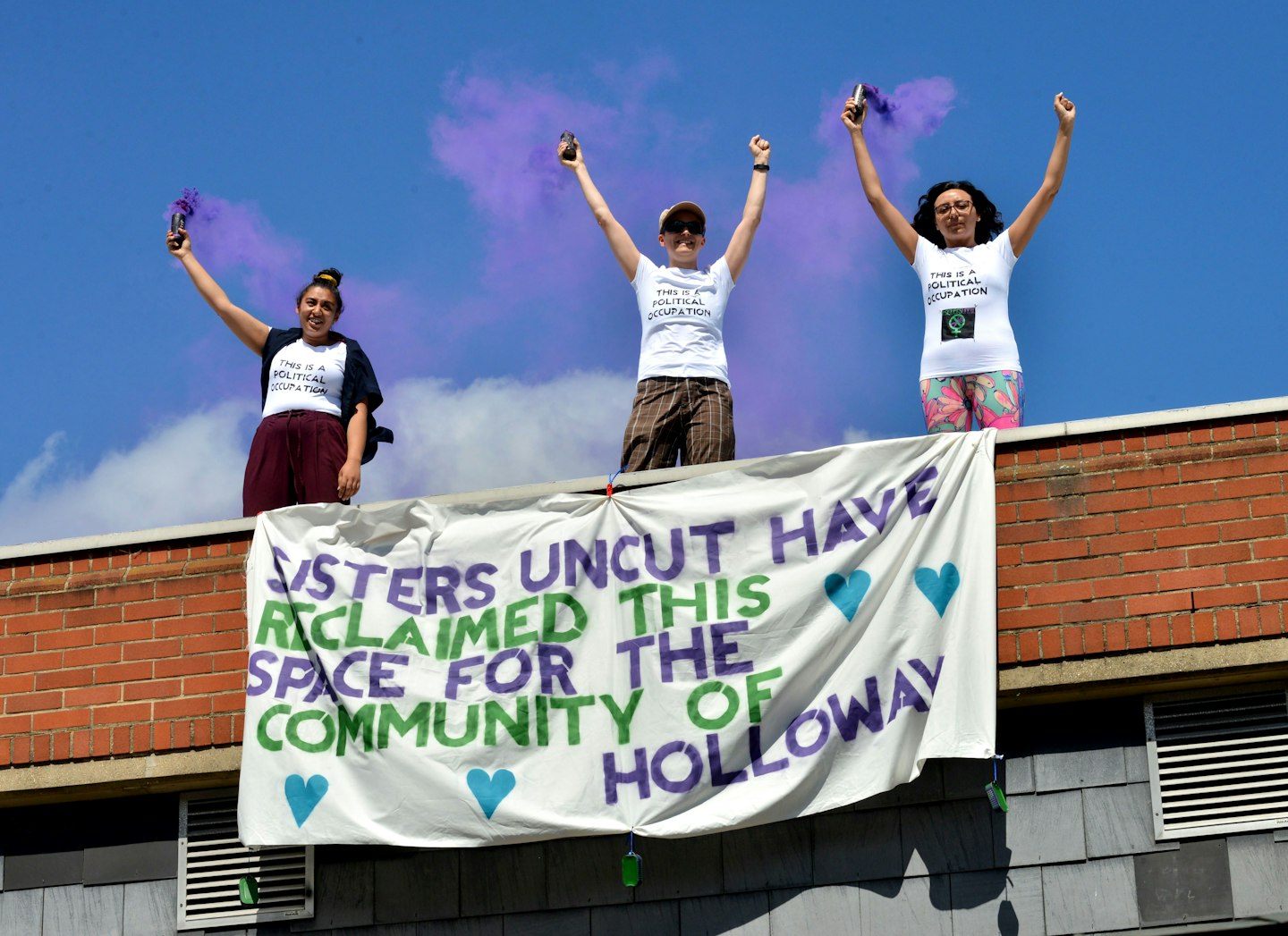 1 of 10
1 of 10Sisters Uncut
 2 of 10
2 of 10Reni Eddo-Lodge
 3 of 10
3 of 10Ruby Tandoh
 4 of 10
4 of 10Junior Doctors
 5 of 10
5 of 10Charlie Craggs
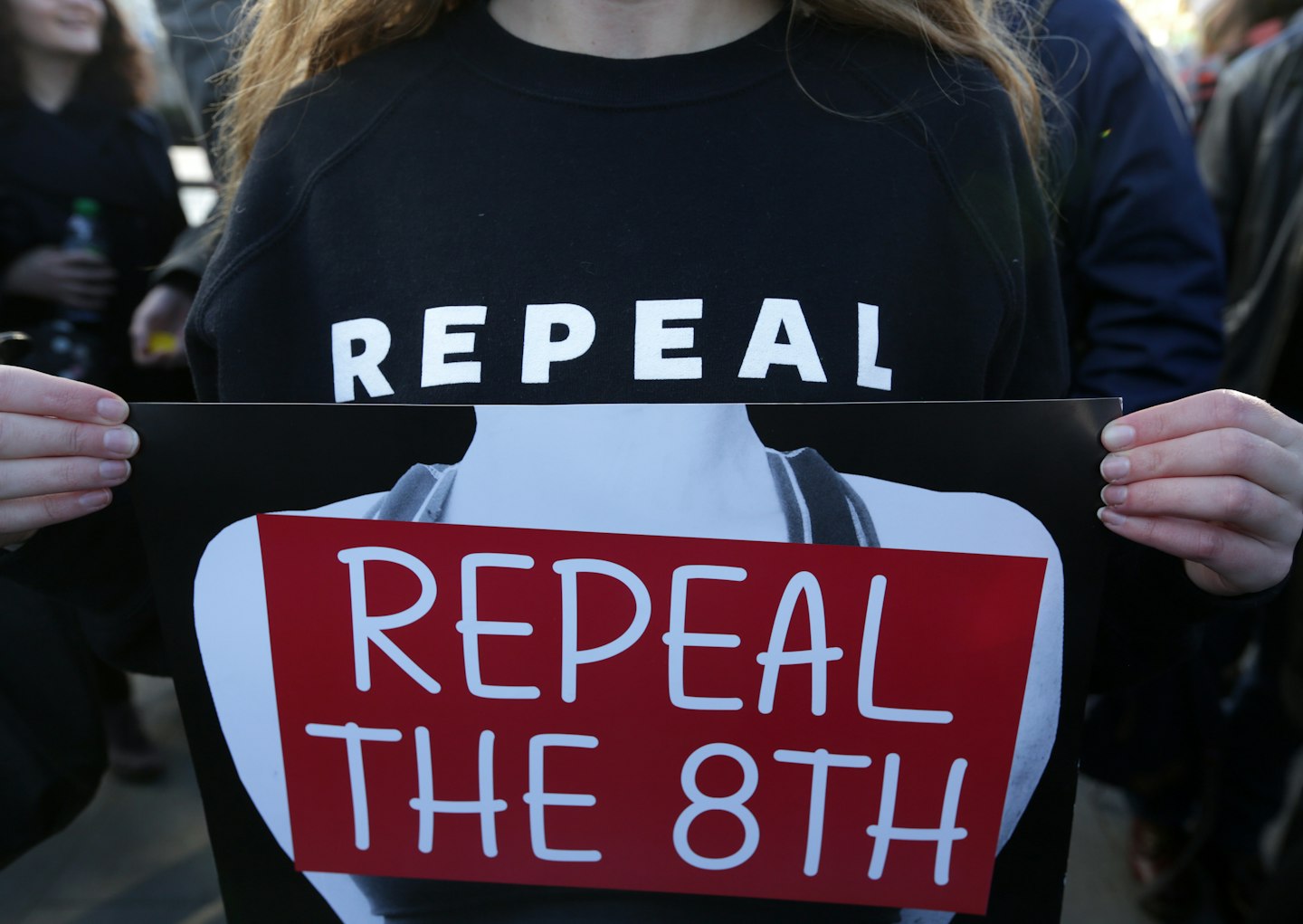 6 of 10
6 of 10Repeal The 8th
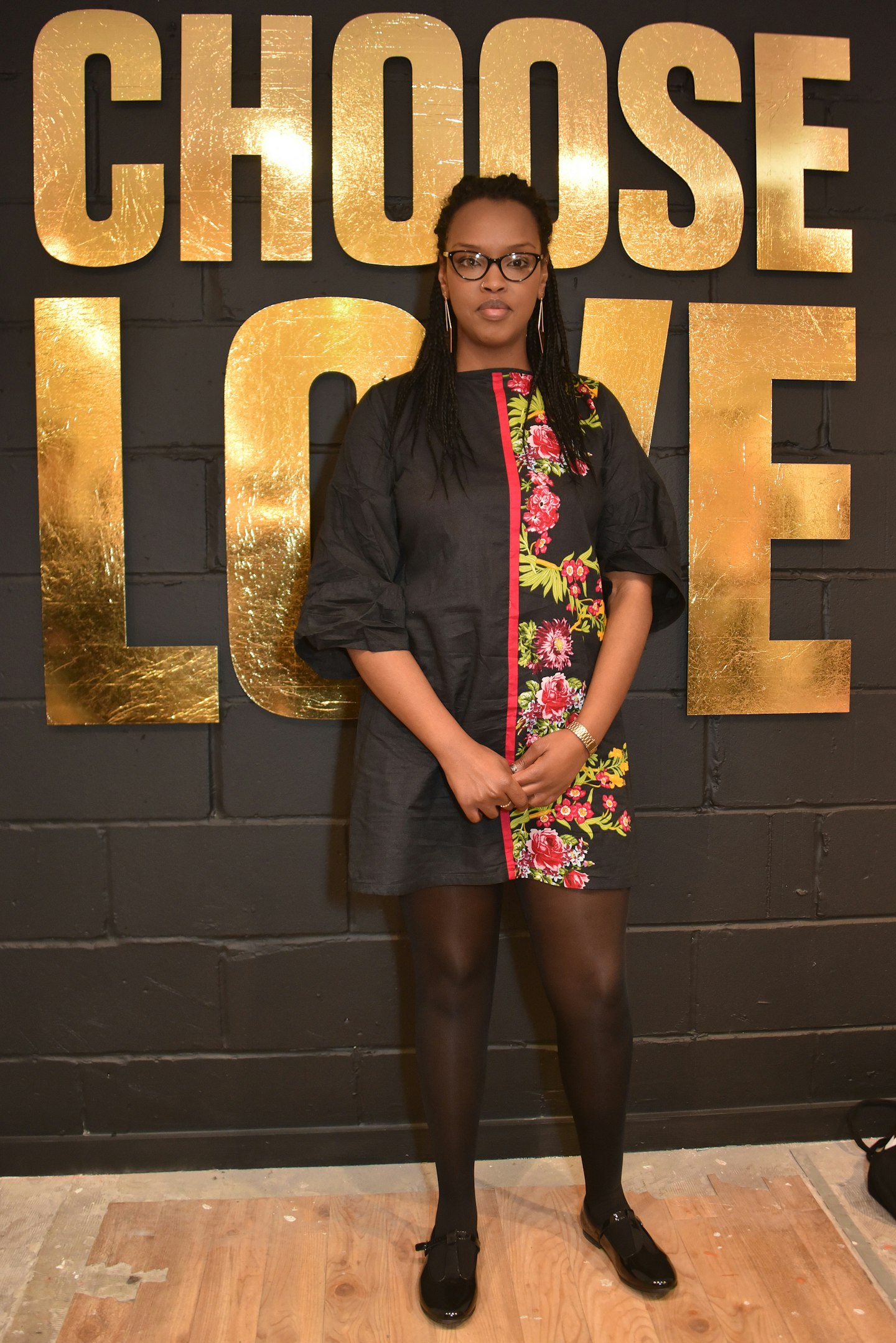 7 of 10
7 of 10Nimco Ali
 8 of 10
8 of 10Malala Yousafzi
 9 of 10
9 of 10Women Trainee Teachers
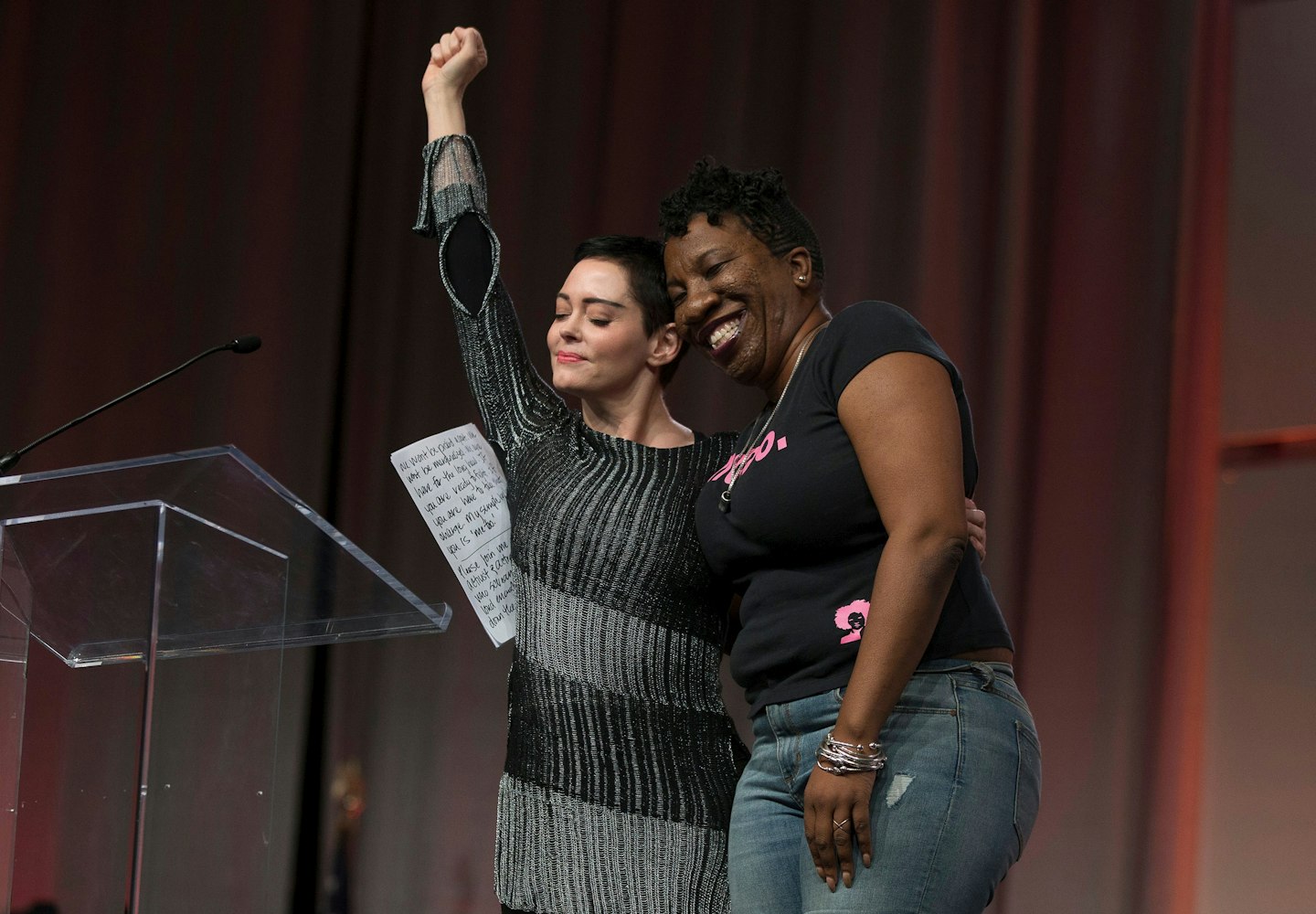 10 of 10
10 of 10#MeToo
‘I emailed him later to say “I hope you feel the part on ‘Girls’ didn’t tokenize you”’, Dunham said, which is problematic. Here we have a story of Dunham reaching out to half correct a mistake that had already been made, in an attempt to pacify someone who has been on the receiving end of a super common, depressingly prominent issue. The ‘I hope that what has already happened didn’t offend you in a way that I’m sure it certainly did’ email is the equivalent of someone forgetting to pretext a distasteful comment with ‘no offence’, and circling back to drop it in conversation once everyone’s done laughing at their shit joke.
It’s a move that was clearly intended to acknowledge something that was wrong before anyone had a chance to call her out (you know, beyond Glover’s satirical performance that probably hit too many nails on the head). If only Dunham had taken it upon herself to explain what it is she understands about tokenism, what the purpose of Glover’s role was and apologised with the actual ‘s’ word. If only this weak acknowledgement of the show's momentary signposting of a systematic issue across the entertainment industry prompted an IRL change on Dunham's part and was later reflected better representation of and for people of colour on her show. If only.
Apologies often come with a strange pressure to respond with an awkward 'okay, thanks', regardless of how you actually feel. How is one meant to respond to something that feels like an apology, but if fact, isn't one at all? In this instance Glover responded in a manner that I could only hope to learn from. Dunham explained: ‘his response was really Donald-y and enigmatic: “Let’s not think back on mistakes we made in the past, let’s focus on what lies in front of us”’.
I'm not sure there's anything enigmatic about what Glover responded. I think what he said is pretty clear: what happened was a 'mistake', an error in judgement. Instead of dwelling on it he pragmatically proposes looking ahead and moving forward to a more progressive future. That didn't quite happen on *Girls, *but with shows like Glover's own *Atlanta *winning awards and earning increased recognition for it's take on race in America, hopefully the other shows that chose to reference it in any sense, will do better.
WATCH NOW: The Cast Of Black Panther On The Power Of Representation
Follow Jazmin on Instagram @JazKopotsha
This article originally appeared on The Debrief.
